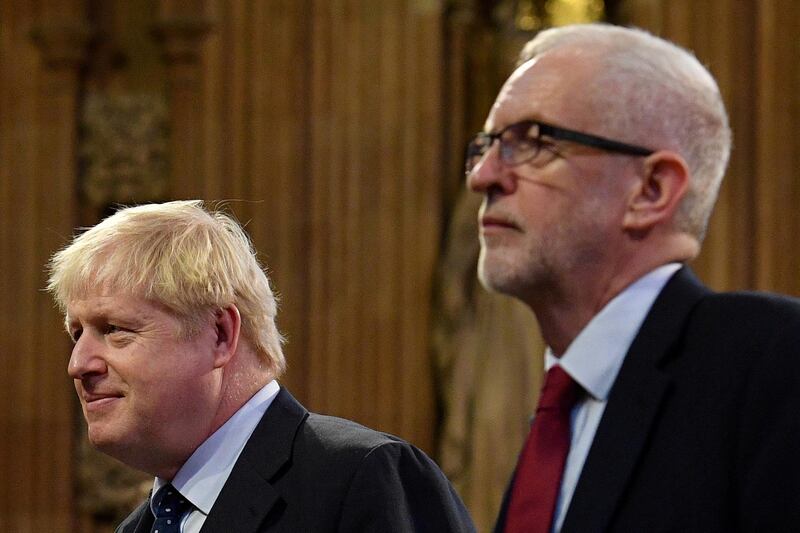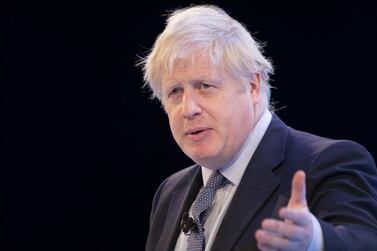The UK’s main opposition party Labour would review the legacy of the British Empire’s colonialism if it forms a government after the December 12 general election.
Labour’s proposal, expected to be unveiled in its manifesto on Thursday, would assess the fallout of the empire and the abuses carried out during it, which at its peak covered nearly a quarter of the world’s land mass and population.
Huffington Post reported this would include assessing the way maps were drawn at the time, which often showed little respect for indigenous cultures.
The history of the Empire continues to spark considerable controversy with campaigners calling for greater recognition of the often-brutal methods used by Britain as it expanded.
But many on the country’s political right often speak with nostalgia of the times in which “Britannia ruled the waves” and was the world’s dominant power.
A 2014 YouGov survey found that 59 per cent of people were proud of the British Empire compared to 19 per cent who were ashamed. Young people were most likely to feel embarrassed, however, reflecting changing opinions and a generational divide.
“Economically, the British Empire invested in infrastructure, established trading routes and installed institutions – but it also extracted resources, oversaw famines and in some cases left behind instability,” YouGov said in 2014.
Winston Churchill, prime minister during World War Two, is typically regarded as one of the country’s greatest heroes, including by current leader Boris Johnson.
He has been criticised heavily for making apparently racist comments at the time that suggested some sort of racial hierarchy.
He has also been slammed for his role in the Bengal famine of 1943 in British India that resulted in the deaths of over two million people.
While most associate the extensive use of concentration camps with the Nazis, some 40 years beforehand British forces in the Boer War were building internment camps in a similar fashion, detaining more than 150,000 in cruel conditions.
In 2018, Labour leader Jeremy Corbyn put forward proposals that would increase the focus on the amount of black history taught in schools.
“Black history is British history, and it should not be confined to a single month each year. It is vital that future generations understand the role that Black Britons have played in our country’s history and the struggle for racial equality,” he said.
Mr Corbyn added it was important “we learn and understand as a society the role and legacy of the British empire, colonisation and slavery”.
In September, shadow foreign minister Emily Thornberry said a Labour government would formally apologise for the 1919 Amritsar Massacre, where at least 400 people in India when a British officer ordered his troops to fire on an unarmed crowd.







